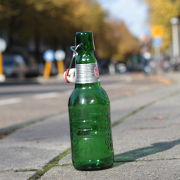 Belgian beers are widely recognised as some of the best in the world, but ironically it was Dutch beer that had a hand in creating the country of Belgium.
Belgian beers are widely recognised as some of the best in the world, but ironically it was Dutch beer that had a hand in creating the country of Belgium.
The latter at least is something that two Belgian economists argue in their paper War, taxes and border: how beer created Belgium (PDF).
Between 1568 and 1609 the Dutch fought a war of attrition against the Spanish in an ultimately successful attempt to get out from under the rule of the house of Habsburg. At the end, the Seventeen Provinces split into a Northern part (largely coinciding with current-day Netherlands) and a Spanish controlled Southern part (Belgium).
Koen Deconinck and Johan Swinnen from the Economics faculty of the University of Leuven in Belgium argue that the high costs of the war were covered on the Dutch side by high taxes on beer. Small cities would have dozens of brewers, and the beer they sold would often account for as much as half of the municipal tax receipts, large chunks of which would go straight to the war effort.
The success of the beer excise was in part due to a highly efficient system of tax enforcement (Unger 2001; 2004). During the sixteenth century, most cities in the Netherlands developed a similar system to minimize the possibility of fraud and tax evasion based on a strict separation of beer production, beer transportation and beer selling. In practically every town, only officially licensed and sworn beer porters were allowed to transport beer. No barrel of beer could leave the brewery unless there was a receipt to prove that all necessary excises had been paid. Porters were forbidden from delivering beer unless there was a receipt, and it was their task to hand over the receipt to the buyer. Anyone who sold beer (e.g. in a tavern) needed receipts to prove that all taxes had been paid. […]
Governments were also concerned about other possibilities for tax evasion. Ship builders, for instance, could traditionally buy beer tax free. To avoid evasion, the town of Amsterdam decreed that they would have to pay the taxes first, and then ask a rebate afterwards. Another case concerns home brewing, which was in principle subject to taxation, although this was difficult to enforce in practice. In the 1580s the government of Holland, following an earlier move by the town of Amsterdam, simply outlawed home brewing in the entire province.
Beer was the go-to drink in those days. Wine was expensive, coffee and tea non-existant, water polluted and milk perishable.
(Via: Mick Hartley)
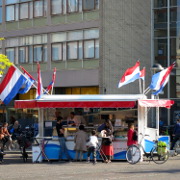

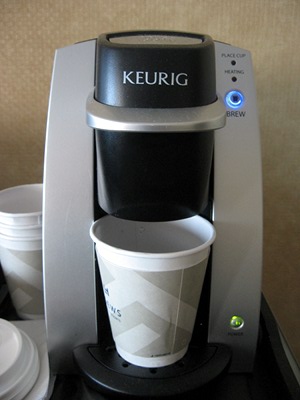
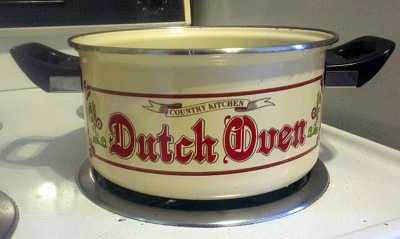
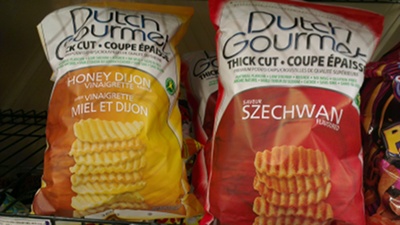
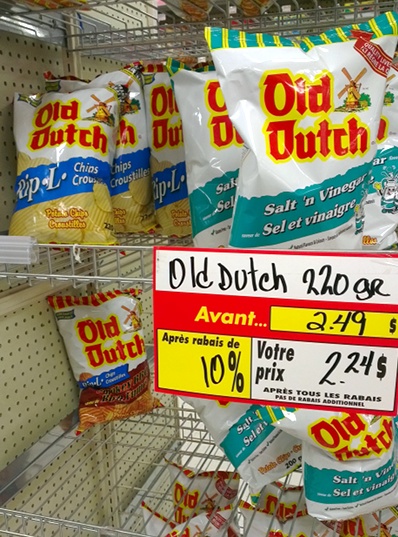
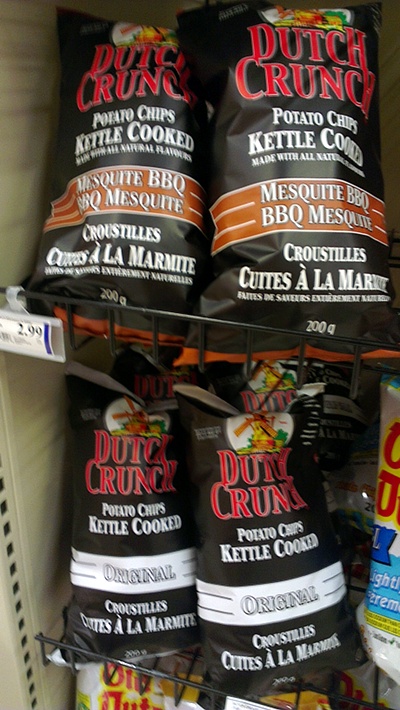
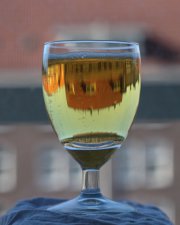
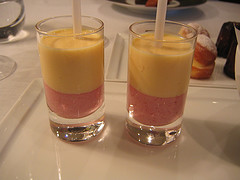
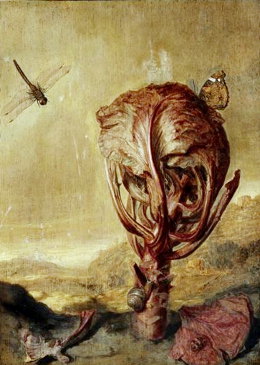 Margaretha de Heer painted this red cabbage sometime during the seventeenth century (she lived from 1600 – 1665 in Groningen and Leeuwarden).
Margaretha de Heer painted this red cabbage sometime during the seventeenth century (she lived from 1600 – 1665 in Groningen and Leeuwarden).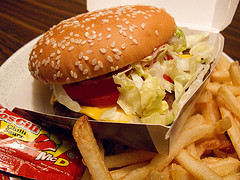
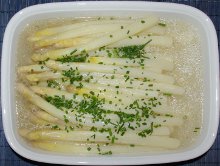
 Belgian beers are widely recognised as some of the best in the world, but ironically it was Dutch beer that had a hand in creating the country of Belgium.
Belgian beers are widely recognised as some of the best in the world, but ironically it was Dutch beer that had a hand in creating the country of Belgium.